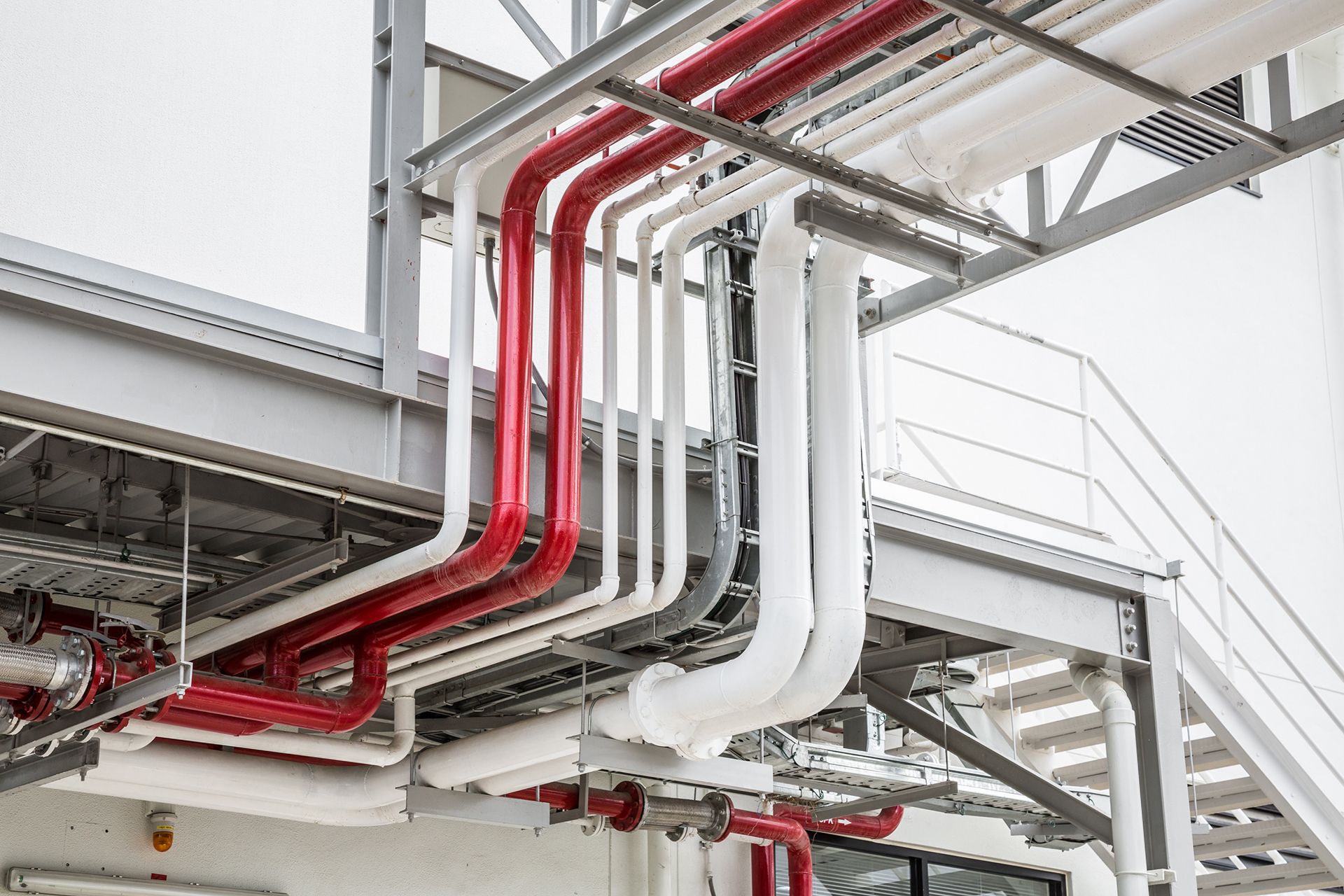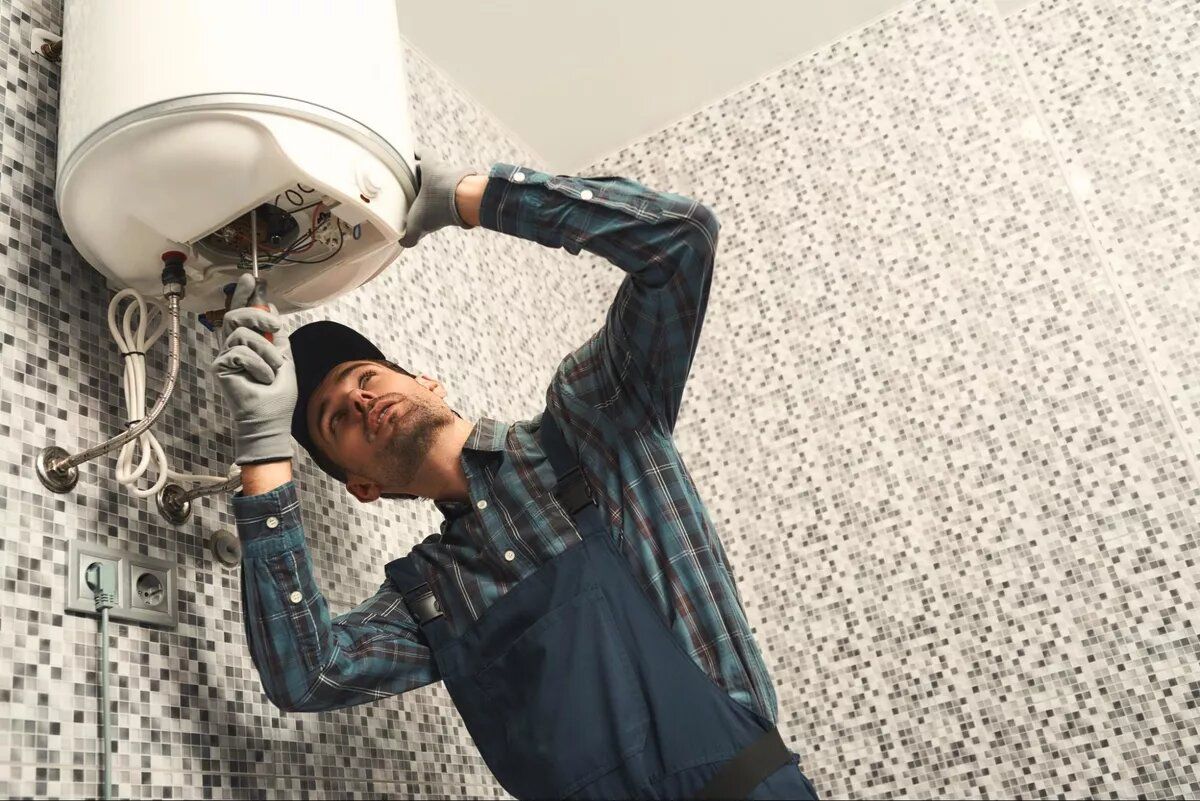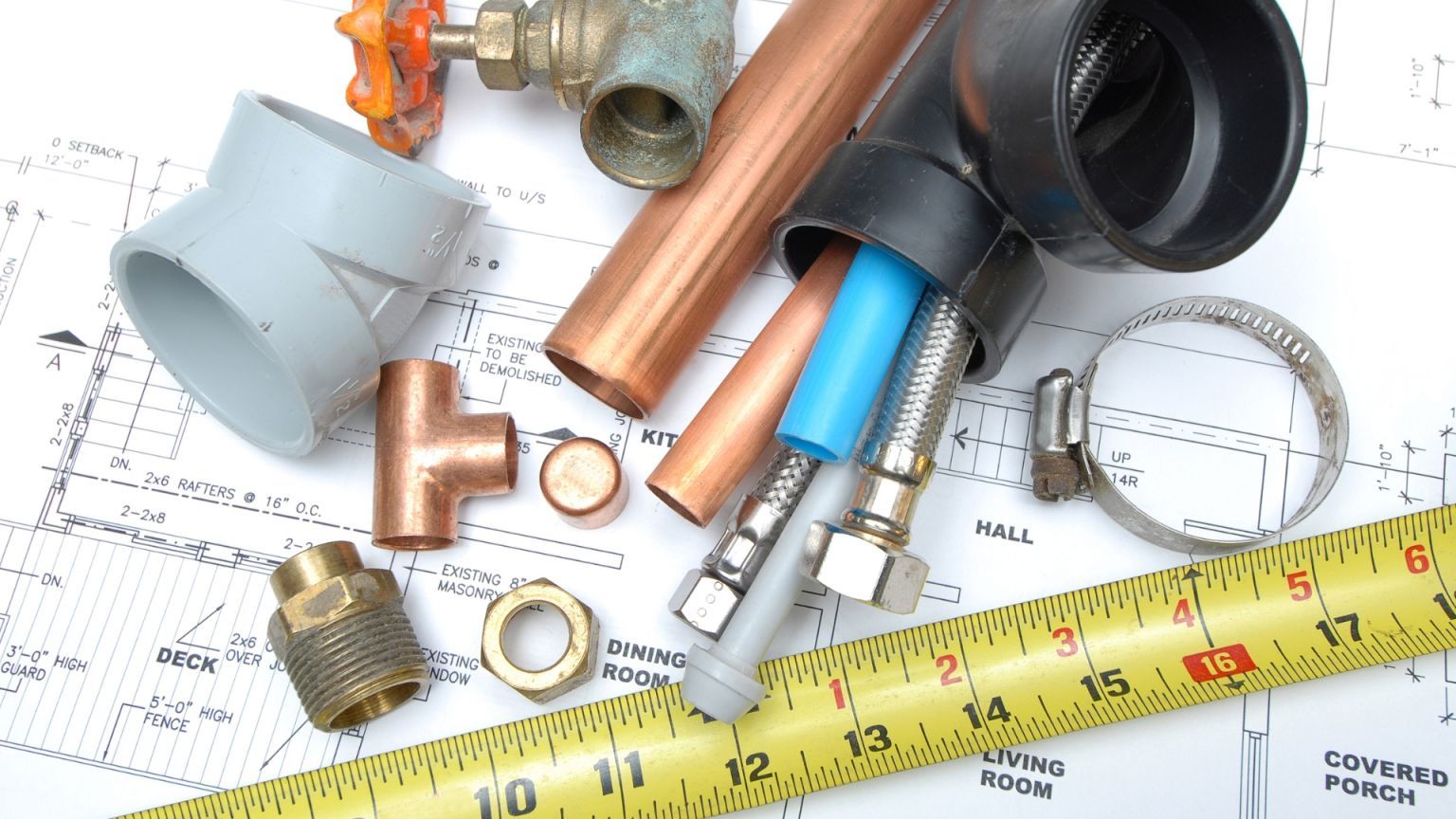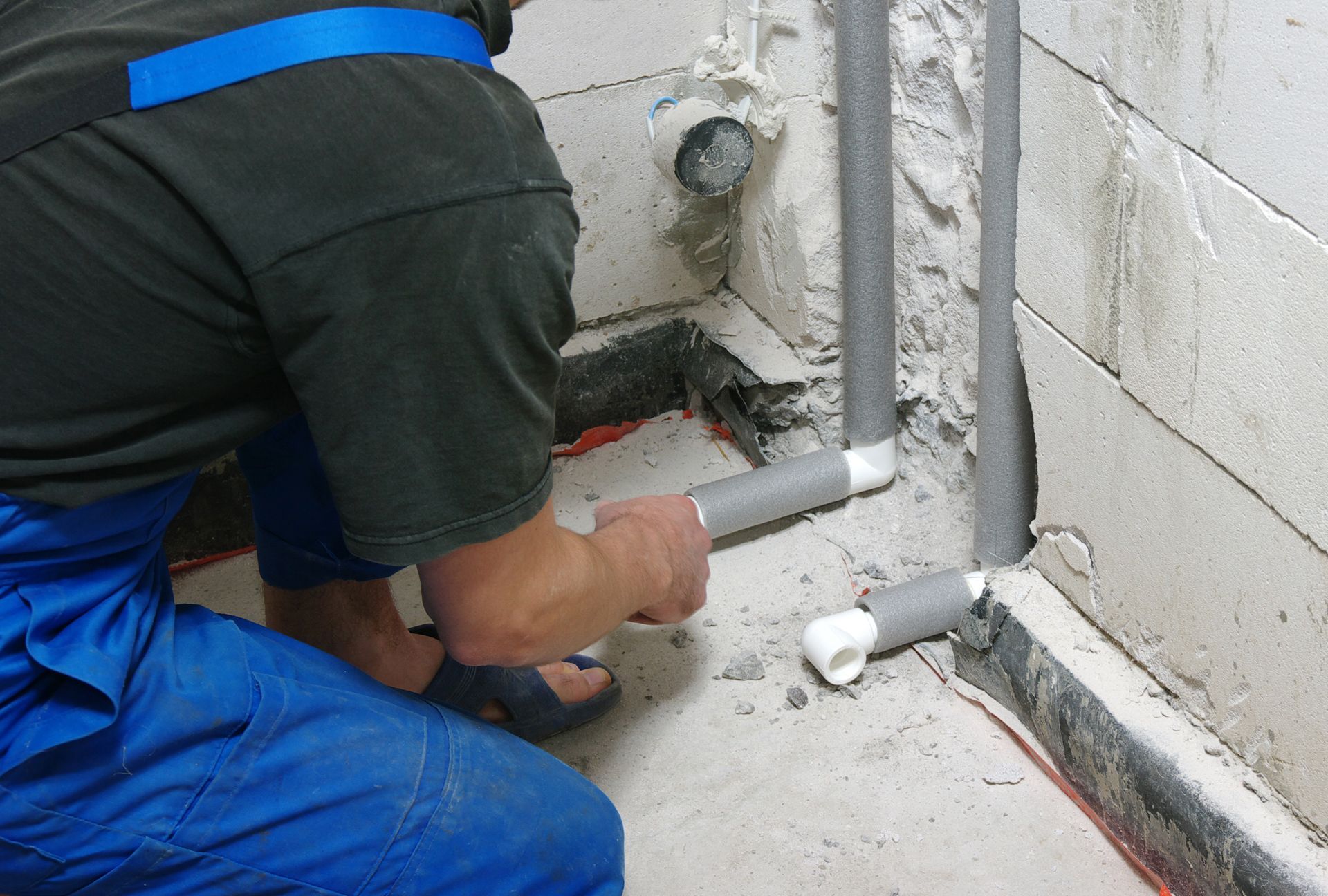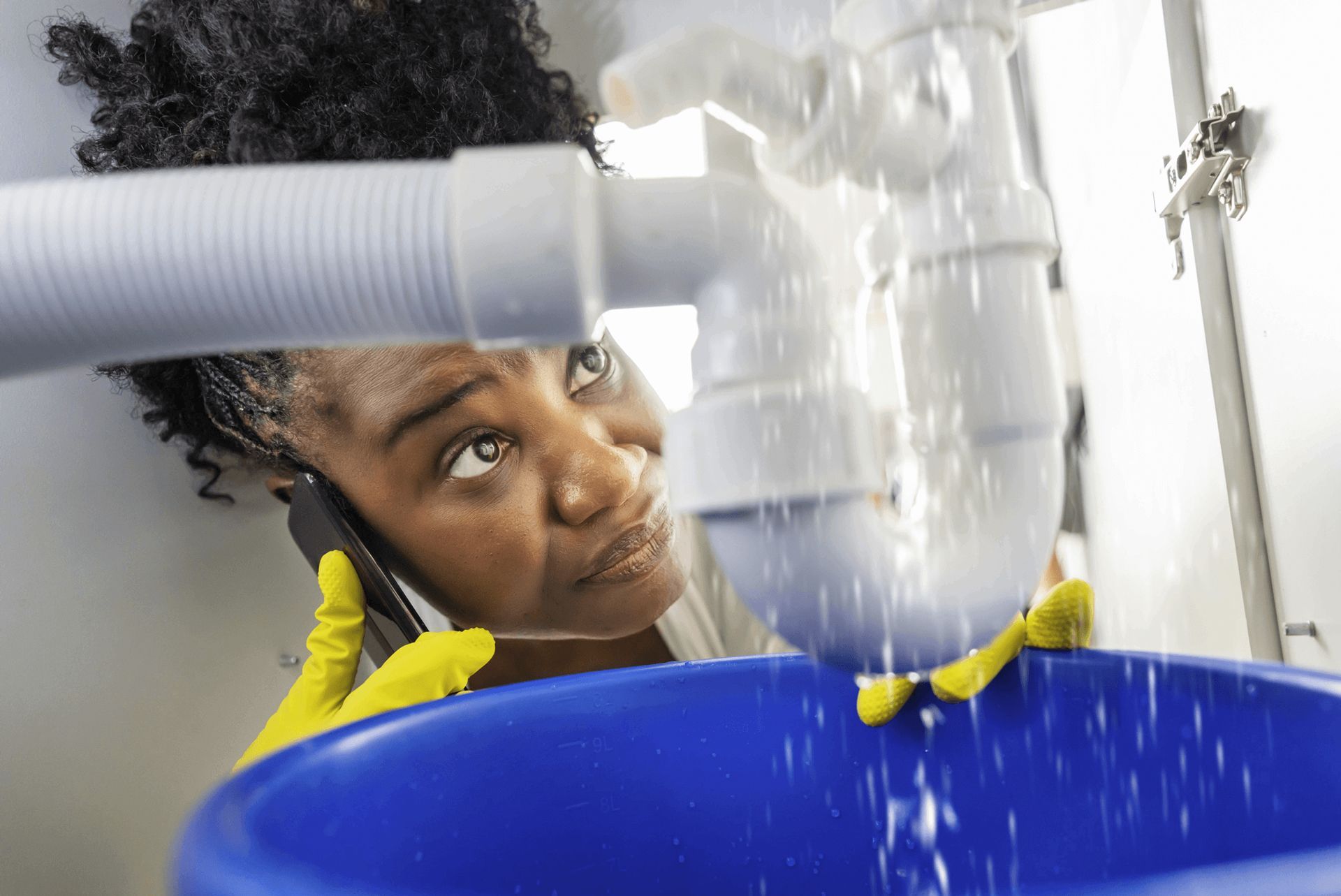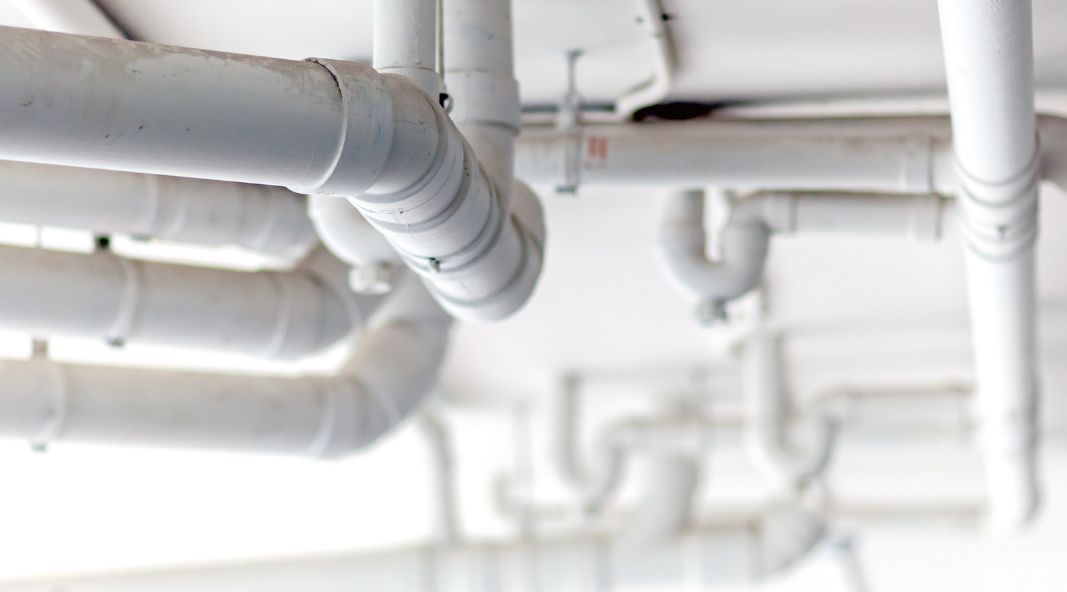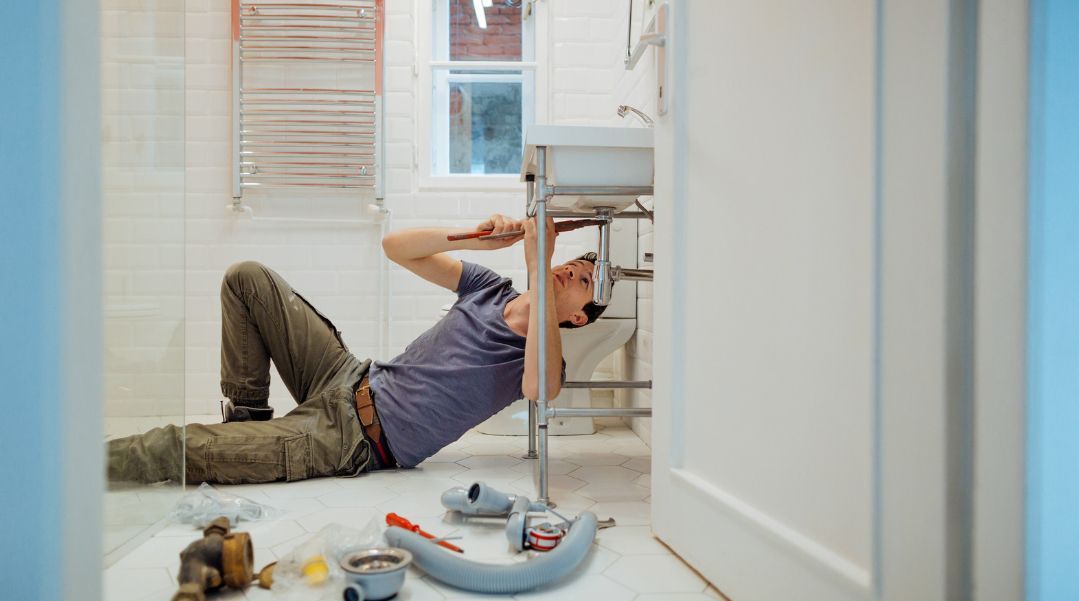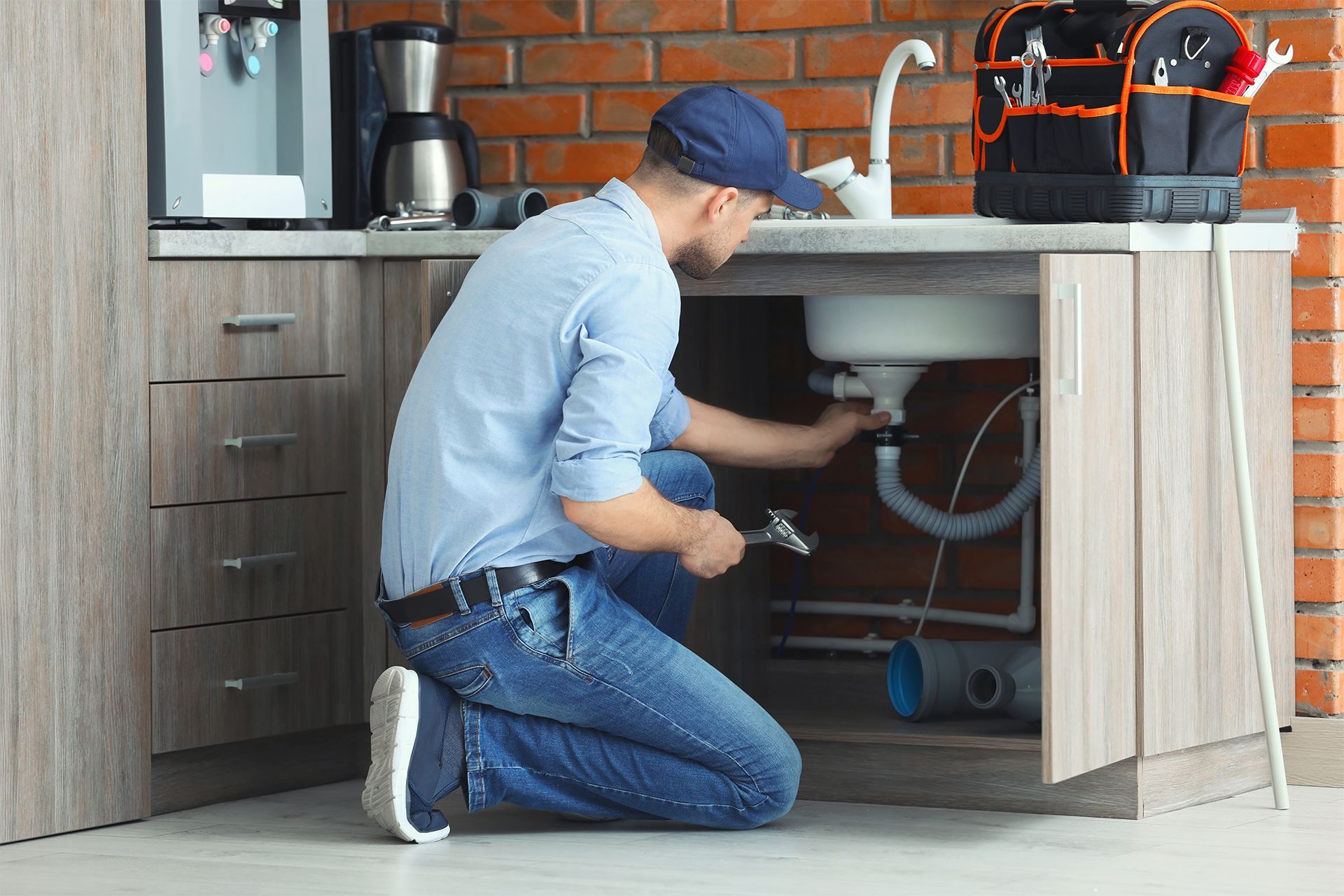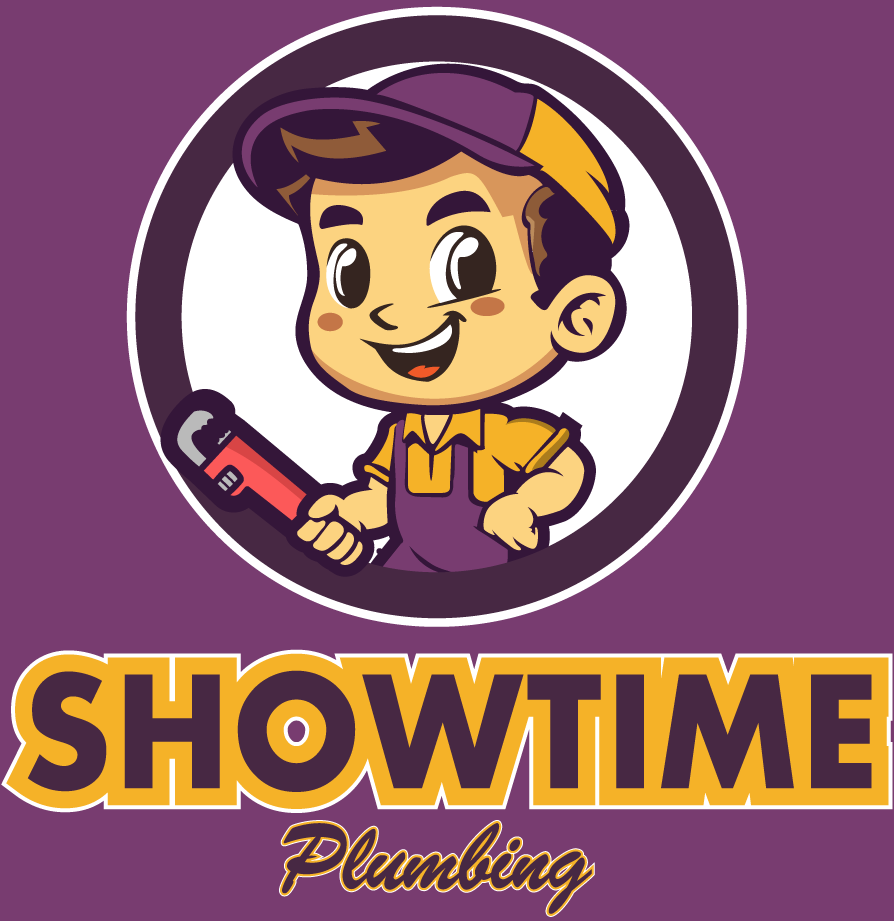Home Comforts: Exploring Types of Water Heaters Available
Selecting a water heater goes beyond ensuring a steady stream of hot water; it’s about finding a system that seamlessly aligns with your home and way of life. Given the array of choices in the market, pinpointing the ideal one can be quite the task.
Our guide is crafted to demystify the selection process for you. We will guide you through the myriad types of water heaters, ranging from the reliable Standard Storage Tank to the efficient Oil-Fired models. We’ll break down each type’s operation, benefits, and limitations. With this knowledge, you can confidently choose a water heater that not only meets your needs but elevates the comfort of your home environment.
Understanding Your Water Heating Needs
Selecting the ideal water heater involves considering household size, water usage patterns, available space, energy efficiency ratings, and the system’s environmental impact. Each factor plays a critical role in determining the most suitable water-heating solution.
A tailored water heater choice ensures optimal functionality, cost-efficiency, and environmental sustainability. Proper selection aligned with specific household needs not only enhances comfort but also contributes to significant long-term savings and reduced carbon footprint.
Exploring Different Types of Water Heaters
This comprehensive guide explores the diverse types of water heaters, delving into their functionalities and features to aid in selecting the proper system. It examines conventional tank-based heaters, tankless models, solar-powered units, and heat pump water heaters, catering to unique household needs and energy efficiencies.
1. Standard Storage Tank Water Heaters
Water is heated in an insulated tank and stored until needed. They constantly maintain the water at a predetermined temperature.
Pros:
- Widely available and easy to install.
- Relatively inexpensive.
- Reliable in delivering a steady supply of hot water.
Cons:
- Higher operational costs due to continual heating.
- Can run out of hot water during extensive use.
- Requires space for the tank.
2. Tankless Water Heaters (On-Demand)
Water is heated instantly when a hot tap is turned on, using an electric element or gas burner, without storing it in a tank.
Pros:
- Energy-efficient as they heat water only on demand.
- Space-saving due to no storage tank.
- Longer lifespan than tank water heaters.
Cons:
- Higher initial cost.
- Sometimes, a limited flow rate may struggle to supply simultaneous hot water to multiple outlets.
3. Heat Pump Water Heaters (Hybrid Water Heaters)
Move heat from the air or ground to the water rather than generating heat directly. This process is similar to how a refrigerator works but in reverse.
Pros:
- Very energy-efficient, using less electricity than conventional electric water heaters.
- It can be cost-effective over time due to energy savings.
Cons:
- Higher upfront costs.
- Requires a climate that remains relatively warm year-round.
- Needs considerable space to operate effectively.
4. Solar Water Heaters
Utilize solar panels to collect and convert sunlight into energy to heat water. This heated water is then stored in an insulated tank.
Pros:
- Eco-friendly, reducing carbon footprint.
- It can significantly reduce energy bills.
- Potential incentives and rebates are available.
Cons:
- High initial installation costs.
- Reliant on sunny weather, may need a backup system in overcast conditions.
- Requires periodic maintenance of solar panels.
5. Condensing Water Heaters
They are designed primarily for households that use natural gas. They capture exhaust gasses that would normally exit the home through a vent and use them to heat the water.
Pros:
- Highly efficient, using less gas compared to traditional gas water heaters.
- Good for homes with high hot water needs.
Cons:
- More expensive initially than non-condensing counterparts.
- Complex installation that may require adjustments to home venting systems.
6. Portable Water Heaters
These heaters are designed to be mobile and use an external power source, usually propane or battery, to heat the water as needed.
Pros:
- Flexibility and convenience for outdoor activities.
- Simple and easy to use.
Cons:
- Limited water capacity and flow rate.
- Regular fuel or battery replacement is necessary.
7. Electric Tankless Water Heaters
Similar to gas tankless models, these units use electrical elements to heat water directly on demand as it flows through the device.
Pros:
- Provides limitless hot water on demand.
- They are more energy-efficient than traditional tank water heaters as they eliminate standby energy losses. They are also compact and save space.
Cons:
- Higher initial costs compared to tank systems.
- Significant electrical system upgrades may be required to support the high current draw.
- A limited flow rate might not be adequate for simultaneous multiple uses.
Choosing the Right Water Heater for Your Home
Choosing the ideal water heater is critical for ensuring comfort, efficiency, and sustainability in your home. With various options available, it is necessary to make an informed decision that aligns with your specific needs and preferences.
Recap on Considering Factors:
- Cost: Analyze both initial investment and ongoing operating expenses.
- Energy Efficiency: Look for high-efficiency ratings to reduce energy use and lower bills.
- Size: Ensure the water heater’s capacity matches your household’s demand.
- Environmental Factors: Consider the environmental footprint, possibly focusing on sustainable energy sources.
Offer Guidance on Consulting with Professionals:
Engaging with experts can provide tailored advice, ensuring you select a water heater that precisely meets your household’s requirements. They can assess your home’s infrastructure, hot water needs, and energy preferences to recommend the most suitable option.
Discuss the Potential Long-term Savings and Benefits:
Choosing the right water heater can lead to considerable savings on energy bills over time. Energy-efficient models, though sometimes more costly upfront, often offer the best value in the long run by significantly lowering operational costs. The right choice can also enhance your home’s energy footprint, contributing positively to environmental sustainability.
Future Technologies and Innovations in Water Heating
Emerging technologies in water heating, like smart systems and AI optimization, are revolutionizing energy efficiency and user convenience. These advancements promise substantial energy savings and reduced environmental impact. Innovations like solar thermal and heat pump technologies are key to a sustainable future, aligning consumer needs with ecological goals. This shift not only conserves energy but also supports global sustainability efforts, marking a significant step forward in the evolution of domestic energy management.
Installation and Maintenance Tips
A reliable, professional plumbing service possesses the expertise and knowledge crucial for the proper installation and regular maintenance of your plumbing fixtures. These practices are essential to prevent calcium buildup, impairing functionality and water quality. Throughout this section, we delve into essential tips that ensure your water heater’s optimal performance and durability, safeguarding your investment.
- Adhere strictly to the manufacturer’s installation guidelines to ensure the safety and efficiency of the water heater.
- Inspect the installation location, ensuring it’s dry and free from any flammable materials, particularly for gas water heaters.
- Use insulated tools and wear safety gear, such as gloves and goggles, during installation to prevent injuries.
- For electric water heaters, confirm the electrical outlet type and voltage requirements are compatible before installation.
- Make sure there is enough space around the water heater for easy access during maintenance and repair works.
- Install a drip pan underneath the water heater to catch any potential leaks, preventing water damage.
- Test the pressure relief valve after installation to ensure it’s working correctly, which is pivotal for safety.
Trust The Expert
Selecting the perfect water heater for your home involves balancing factors, including your household’s size, water usage patterns, local climate, available space, and desire for energy efficiency. While upfront costs matter, considering potential energy savings over time is equally important. A consultation with a plumbing and heating expert can guide you to the most beneficial water heater choice that meets your economical and eco-friendly needs.
If you’re ready to find your ideal water adjustments, Showtime Plumbing LLC is here to assist. Our experienced team can provide personalized recommendations to ensure you make a smart, sustainable investment in your home’s comfort. Get in touch with us today to explore your options and take the first step toward efficient hot water solutions.
